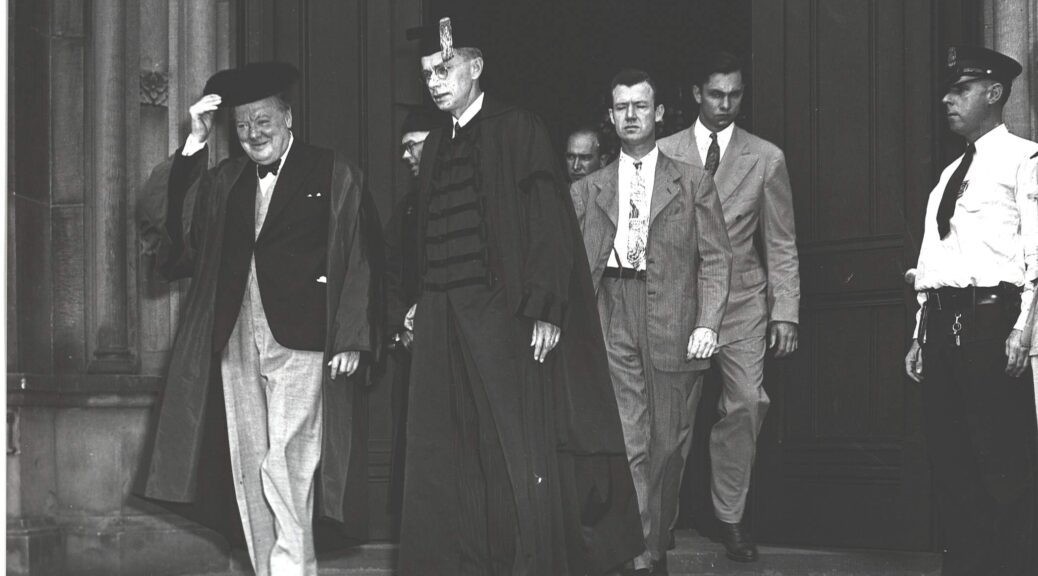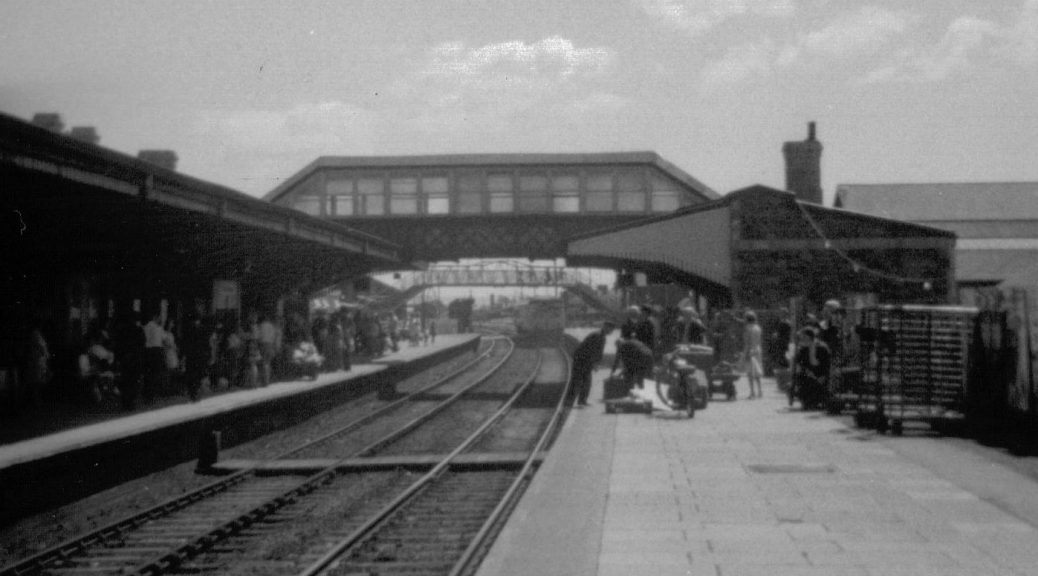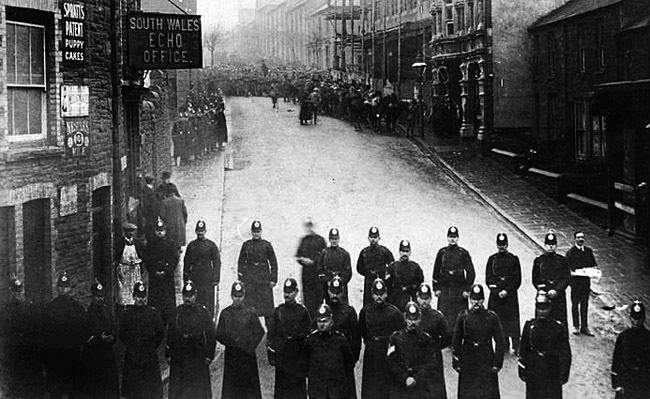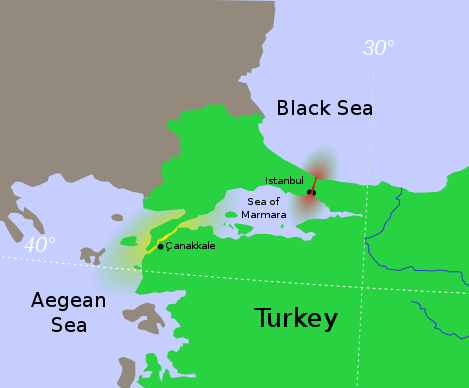Churchill on Socialism
This quotation is now going around the web, broadly attributed to Churchill. Is it accurate? “Socialism is a philosophy of failure, the creed of ignorance, and the gospel of envy, its inherent virtue is the equal sharing of misery.” —M.S. via email.
It is more or less correct, but it’s a truncated version of two separate comments, run together to make them more interesting (in the eye of the drafter).
“Socialism is the philosophy of failure, the creed of ignorance, and the gospel of envy.” —Perth, Scotland, 28 May 1948, in Churchill, Europe Unite: Speeches 1947 & 1948 (London: Cassell, 1950), 347.…










